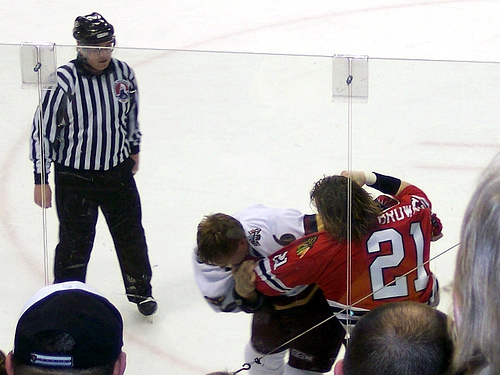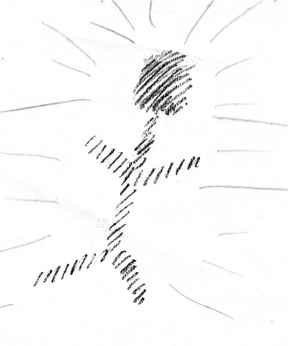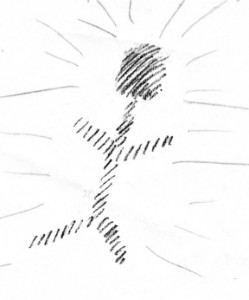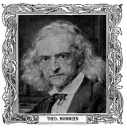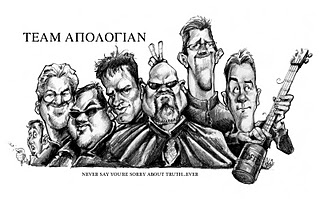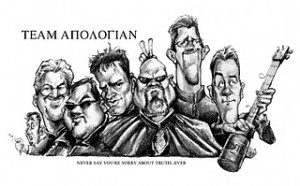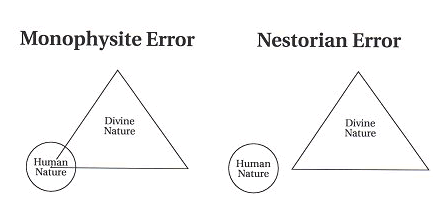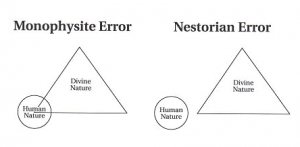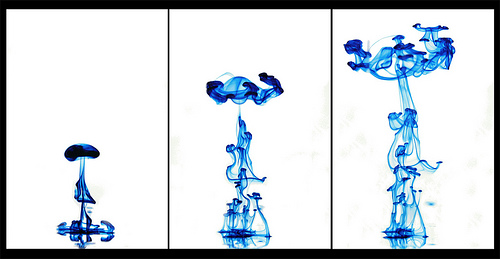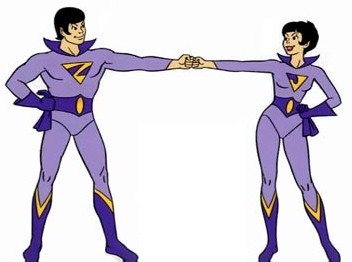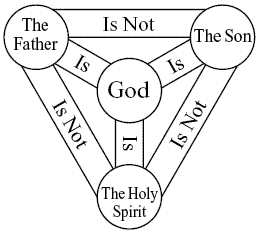 In round 5, Bowman aims to show that the “threefoldness” of God is implied by the Bible. At issue is how to explain “triadic” mentions of Father, Son, and Spirit (Or God, Jesus, the Holy Spirit, etc.). Bowman mentions his list of fifty such passages. Here he focuses on a dozen passages. But first, his recap of where he thinks the debate is so far:
In round 5, Bowman aims to show that the “threefoldness” of God is implied by the Bible. At issue is how to explain “triadic” mentions of Father, Son, and Spirit (Or God, Jesus, the Holy Spirit, etc.). Bowman mentions his list of fifty such passages. Here he focuses on a dozen passages. But first, his recap of where he thinks the debate is so far:
In the preceding three rounds of this debate, I have argued that the person of Jesus Christ existed as God prior to the creation of the world and that the Holy Spirit is also a divine person. If my argument up to this point has been successful, I have thoroughly refuted the Biblical Unitarian position and established two key elements of the doctrine of the Trinity. Add to these two points the premises that there is only one God who existed before creation and that the Father is not the Son, the Son is not the Holy Spirit, and the Father is not the Holy Spirit, and the only theological position in the marketplace of ideas that is left is the doctrine of the Trinity. Since these are all premises that Biblical Unitarianism accepts, I have not defended them here. (emphases added)
I’m tired of pointing out the inconsistency of what Bowman is urging. I’m capable of hearing the many ways theorists smooth away apparent inconsistencies (making subtle distinctions), but other than a quick gesture (I think in Round 1), I hear none of these familiar notes from him. This is just to say – he’s a resolute positive mysterian. Briefly, Father, Son and Spirit are numerically three, as they qualitatively differ from one another. But also, Bowman seems to think, each of them is numerically the same as God. This is inconsistent, because the “is” of numerical sameness is transitive – if f = g, and g = s, then f = s (compare: the concept of “bigger than”). Also, it seems that he thinks Father and Son to the same god, and also, since this god just is a person (hence “who” above), they are the same person as each other. And, of course, also they are not. Sigh. Let’s stick with the vague “threefoldness” claim I started with.
Bowman ignores what I call Read More »SCORING THE BURKE – BOWMAN DEBATE – ROUND 5 – BOWMAN – PART 1
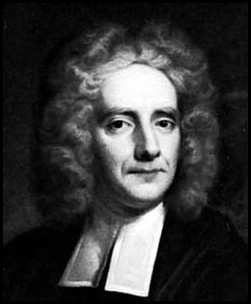





 In
In 
 In my judgment, somewhat. Here’s an overview of his case, with some critical comments, and at the end I score the round.
In my judgment, somewhat. Here’s an overview of his case, with some critical comments, and at the end I score the round.



